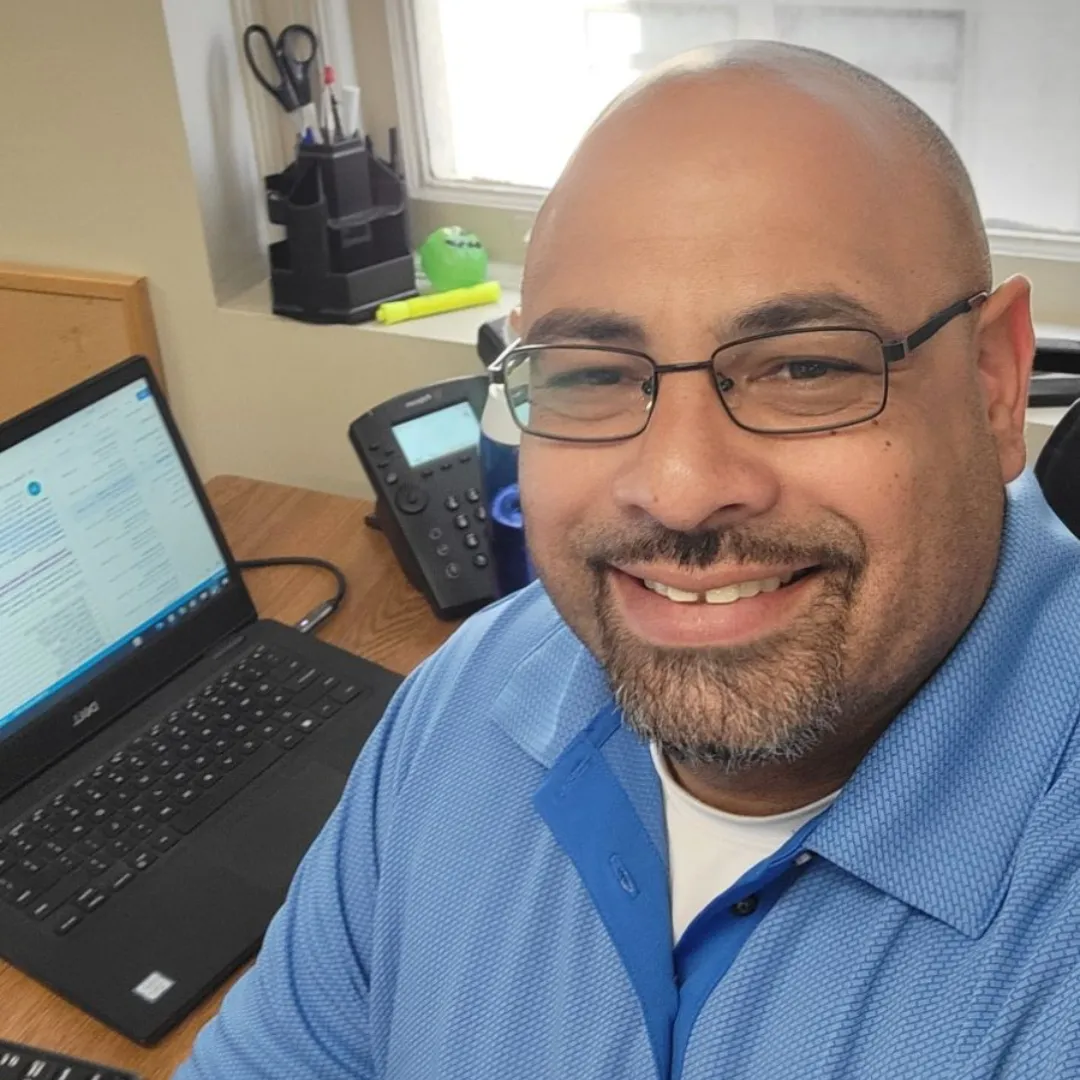First posted in The Detroit News on August 31, 2022
I’ve been an information technology support specialist in Detroit for half a year now, and I consider myself lucky because I love my job helping other people solve problems. But it wasn’t easy getting here.
As a formerly incarcerated man, I encountered many roadblocks to my employment — despite being qualified and having the necessary training under my belt. I spent a grueling six months going to interviews and getting early positive signals from potential employers, only to be rejected repeatedly.
As anyone with a background knows, it can be a soul-crushing experience trying to find employment after incarceration.
Even though a study of job performance among call center employees found that individuals with criminal records had longer tenure and were less likely to quit than those without records, many employers continue to have discriminatory hiring policies that stop them from considering system-impacted applicants — like me.
IT jobs in Michigan — and around the country — are sought after for their good pay, generous benefits and economic mobility in a steady sector that offers varied and exciting growth opportunities. Yet even with a 25% increase in the IT sector in Michigan between 2009 and 2019, those with past convictions face limited opportunities within the IT workforce.
After my release in late 2020, my parole officer recommended that I get involved with the Center for Employment Opportunities, a national nonprofit that provides employment services to individuals impacted by a criminal justice history. I was hesitant to take my parole officer’s advice, but, as soon as I became a CEO participant, I was glad I did.
While taking part in CEO’s job training and transitional employment, I learned about the nonprofit Per Scholas, which provides no-cost skills training and access to employer networks to individuals often excluded from tech careers. CEO told me they would support me financially through completing one of their boot camp courses, which made my enrollment possible. I graduated from the help desk course in October and went on to the job hunting process, which I thought would go smoothly now that I had this specialized training. It did not.
I applied to 20 positions before I finally got a job offer. But it was rescinded once the employer ran my background check. My job search became a trail of broken promises and vague offers that never came to light. After all of the rescinded offers, I considered changing my whole career path. Feeling defeated, I thought: What’s the point in having training if I can't get a job in the field?
Then CEO reached back out to me at the lowest point in my job search. They told me that a global IT staffing firm, Strategic Staffing Solutions, was interested in my skill set. Naturally, my first question was if they knew I was a returning citizen. They did know, and they still wanted me to be part of their team.
That was March when they hired me and placed me at DTE Energy, the largest electric utility in Michigan, and I’ve been working there ever since.
I’ve pinched myself countless times these last five months. Before this job, I was doing warehouse factory work. Now I’m able to use my mind instead of my body.
The company culture is welcoming and collaborative, and I am part of a diverse workforce where I'm simultaneously learning and enjoying my environment.
I hope that more companies will consider hiring system-impacted workers and allow potential employees the chance to prove themselves.
In the end, employers will find that hiring returning citizens will lower their turnover rate because someone coming home wants to hold down a position. We’re loyal, hardworking workers because we
know what the alternative can look like.
On top of that, companies that hire system-impacted employees are doing justice for their employees, their company, and even for the community. When people have jobs that are careers — positions where they have opportunities for economic growth and can help their family and their community — they find stability and fulfillment.
I hope more companies consider adopting inclusive hiring practices and experience the benefits which having a diverse workforce brings.
Channor Lewis is an IT support specialist for DTE Energy in Detroit and is a former participant at the Center for Employment Opportunities.




